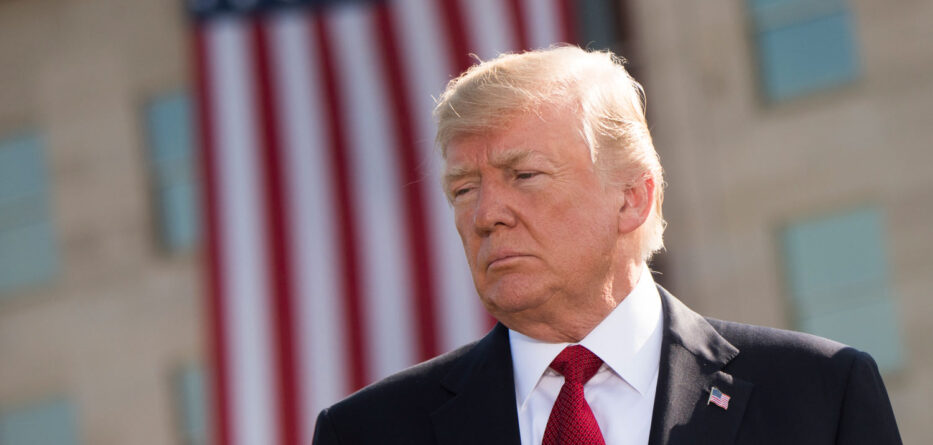The United States is experiencing an unprecedented historical moment. A former president of the nation and, at the same time, a presidential candidate, faces a series of 91 serious charges that could cost him the rest of his life in jail.
The legal process against Donald Trump in New York, Georgia, and in the capital of the United States is an unequivocal testament to the fact that no one is above the law, even when the defendant declares himself the target of political persecution for electoral purposes.
Until now, Mr. Trump, like anyone else, is innocent until proven otherwise. But as the most likely winner of the Republican presidential nomination, there are legitimate questions about the immediate future.
Is it legal for Mr. Trump to continue in his political career if he is convicted in any of the four criminal indictments against him?
Under US law, the answer is a resounding yes. The Constitution of the United States does not establish any limitation under these circumstances in the case of applications for federal offices such as the presidency of the United States.
At least on paper, Trump can win the 2024 election even after being convicted in at least one of the four criminal proceedings against him.
Less clear is whether Trump could govern the destinies of Americans from prison. Under such a scenario, surely the Supreme Court of Justice of the nation would make the final decision.
Could Trump pardon himself if he wins the White House and is convicted?
On paper, Trump could be excused from federal proceedings if convicted. One of them has to do with the theft of classified White House documents and the other, because of his role in the insurrection of January 6, 2021. No president has done it and the case may also have to reach the Supreme Court.
However, he would not have the possibility of pardoning himself for the Georgia case, where he faces 13 serious charges, some of them under the organized crime statute, created in the 1970s to combat mafias in the United States.
If Trump wins, could the Justice Department drop the charges against him?
On paper it is possible for the Department of Justice to dismiss federal cases, although technically it is independent. But it could not influence the Georgia process.
In short, there are no reasons to celebrate the legal process against a former president of the United States. But the accusations against Mr. Trump are extremely serious and his actions cannot go unnoticed, because a fundamental principle is at stake: the rule of law and democratic governance of the country.





